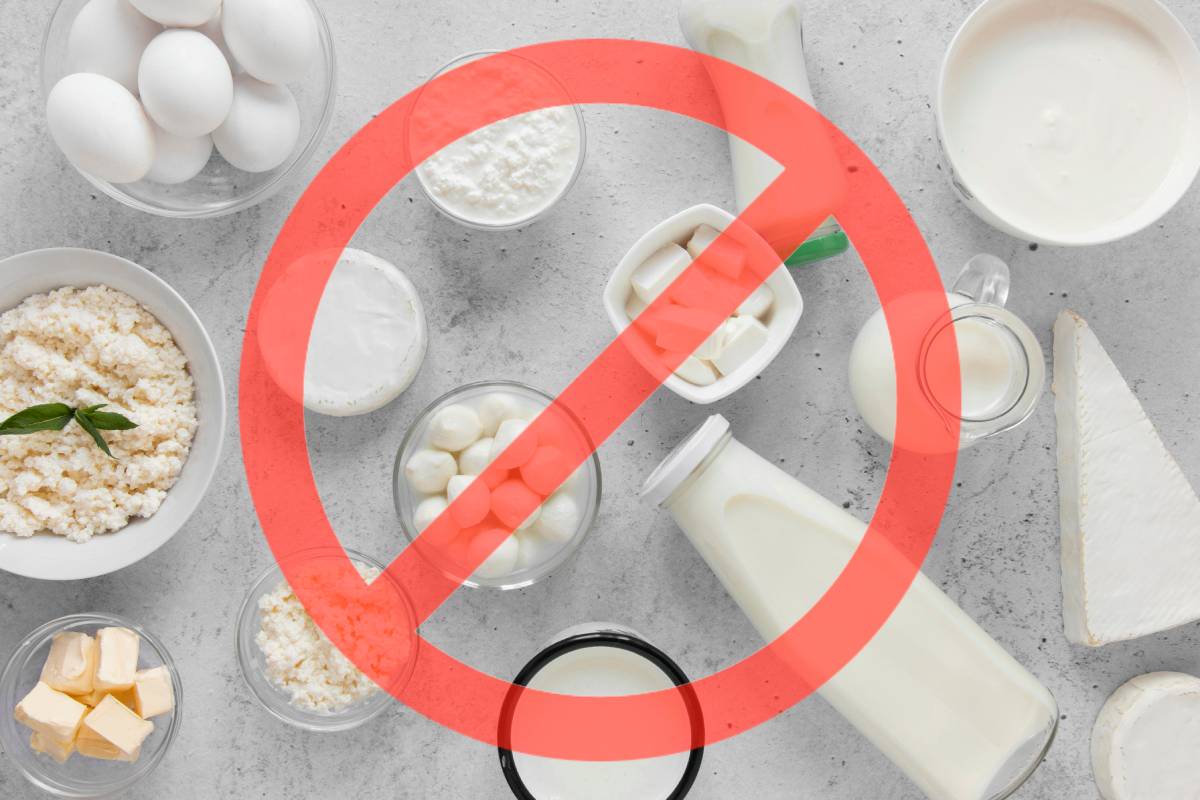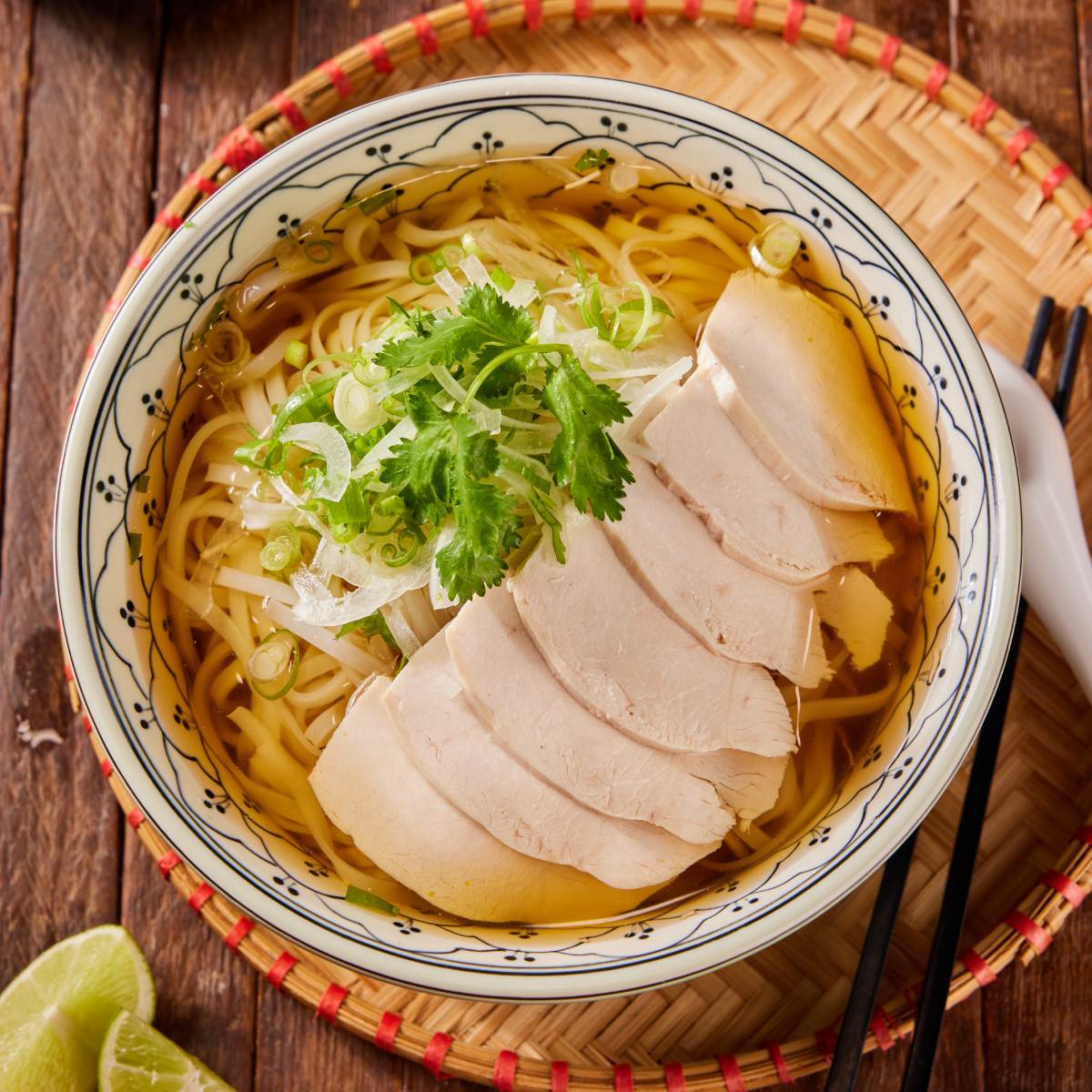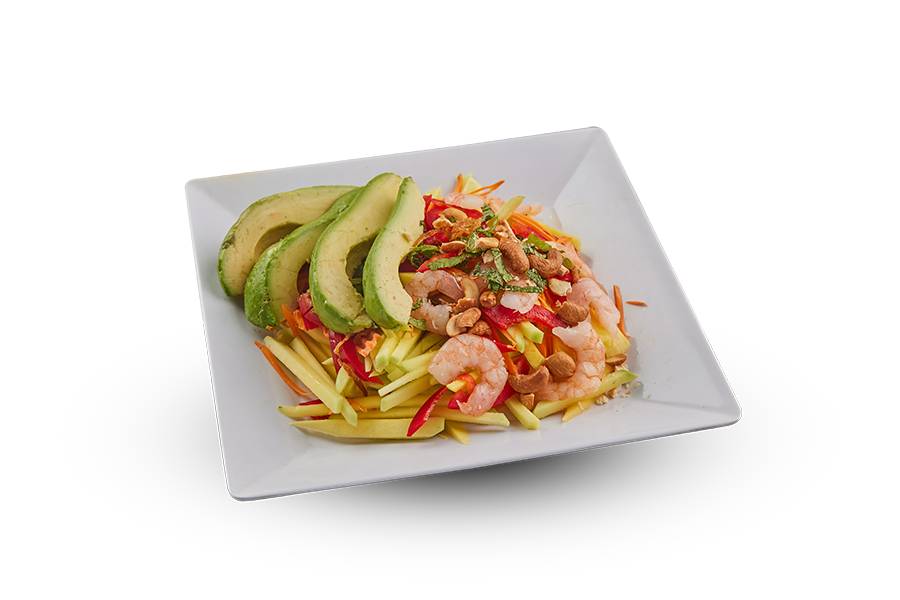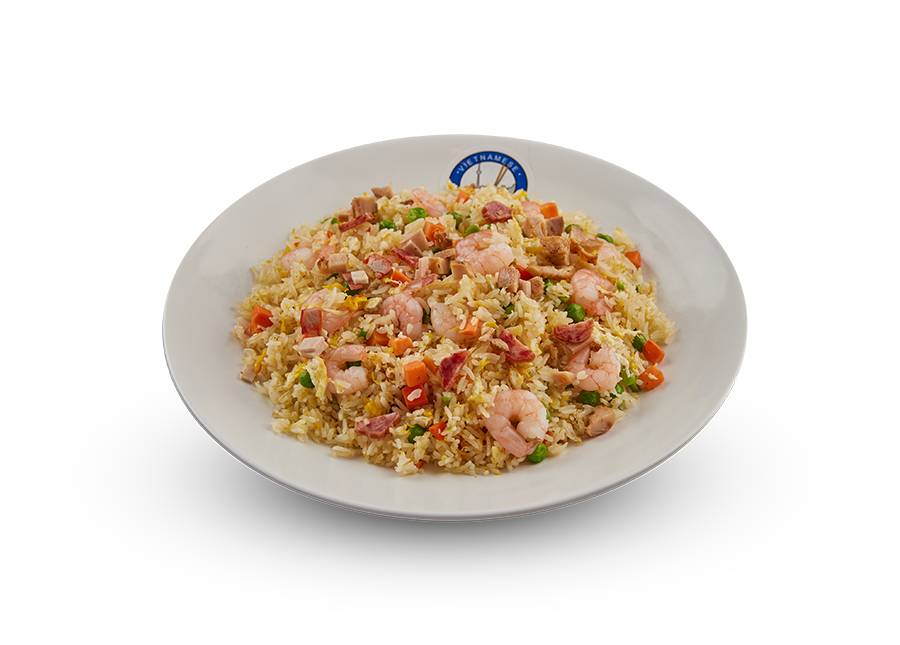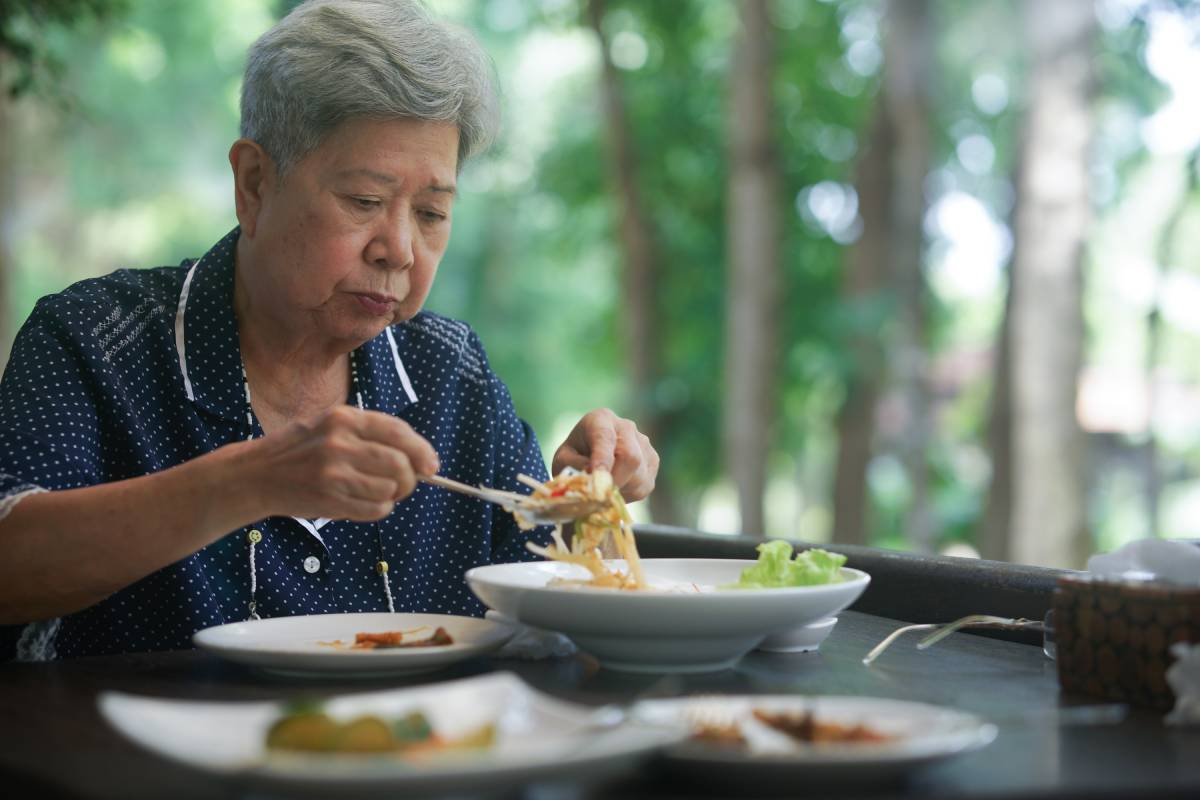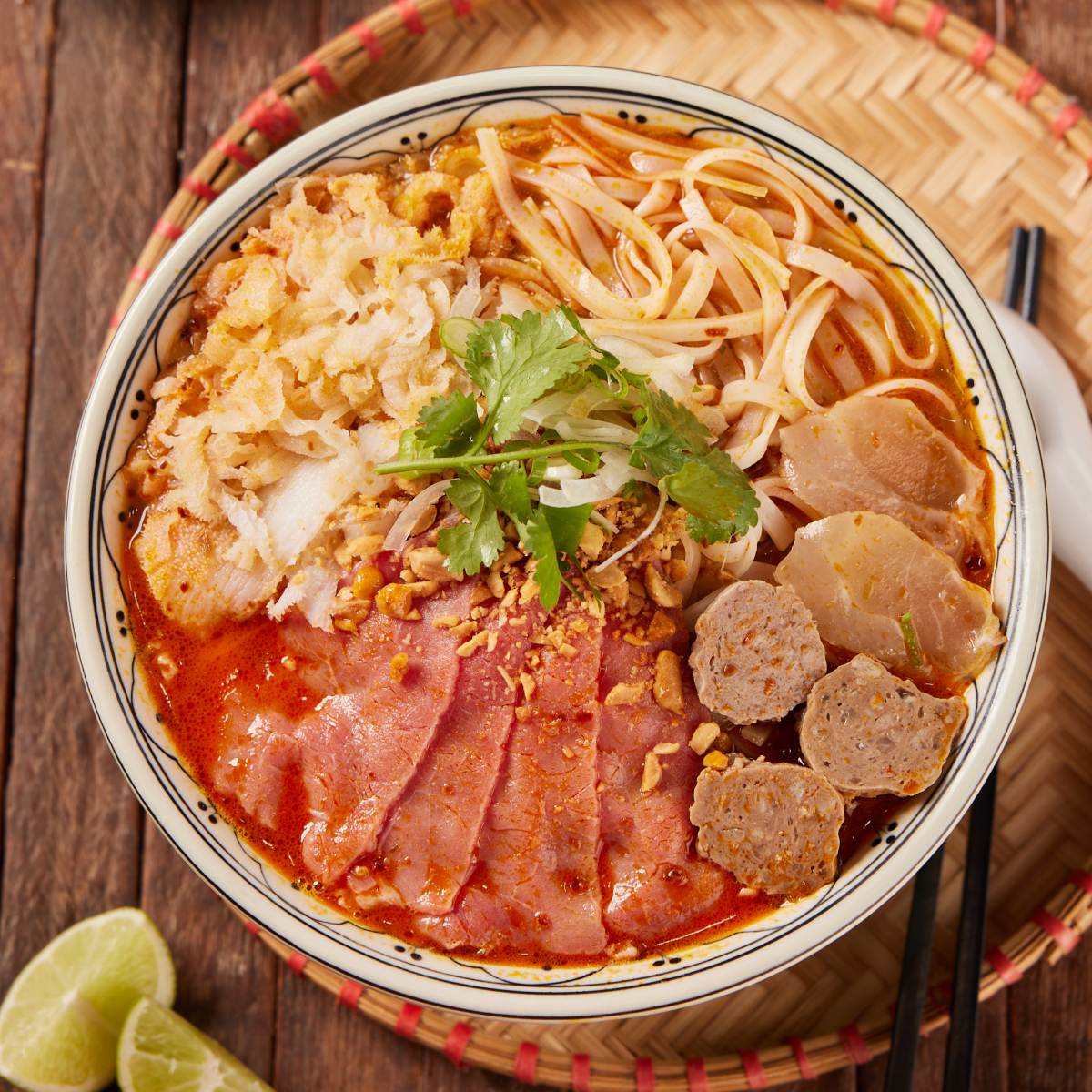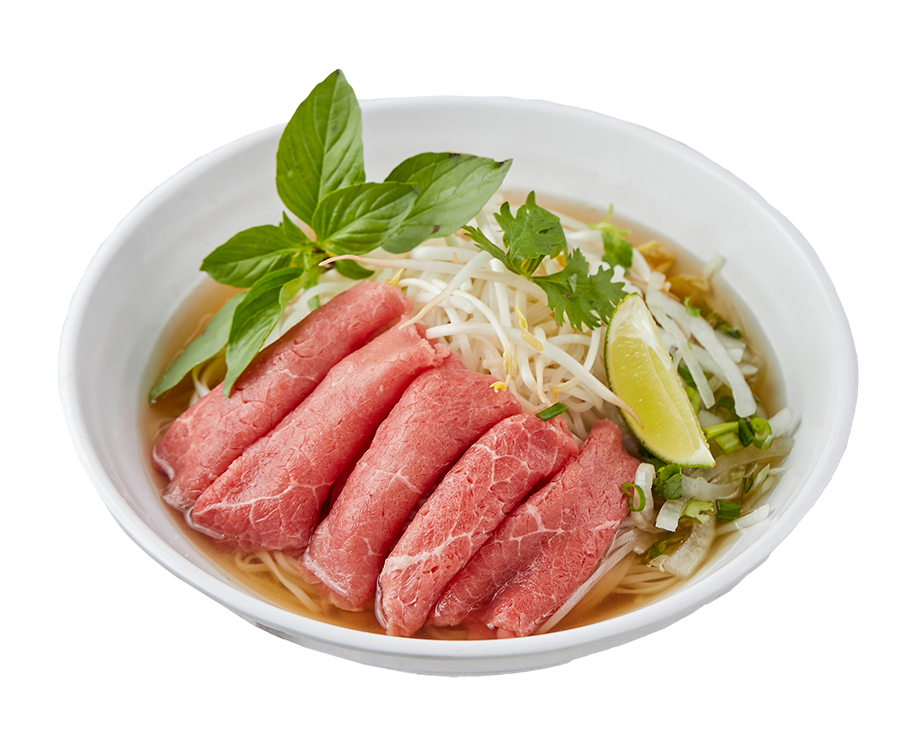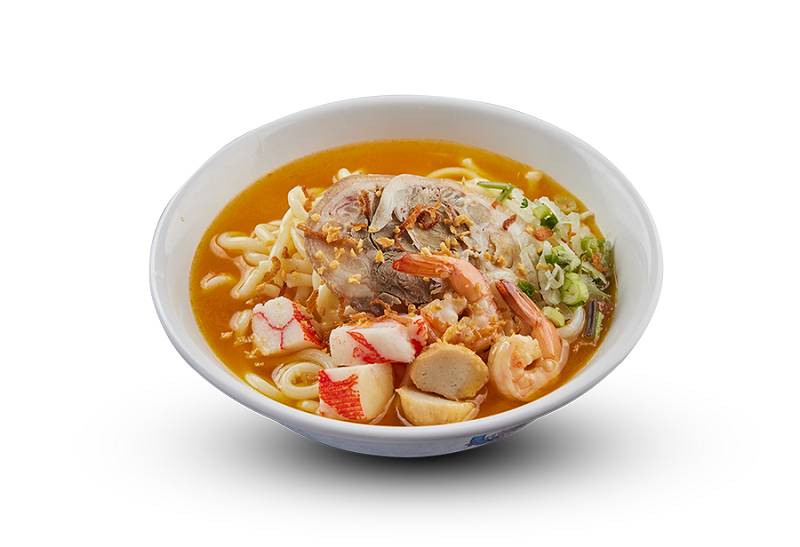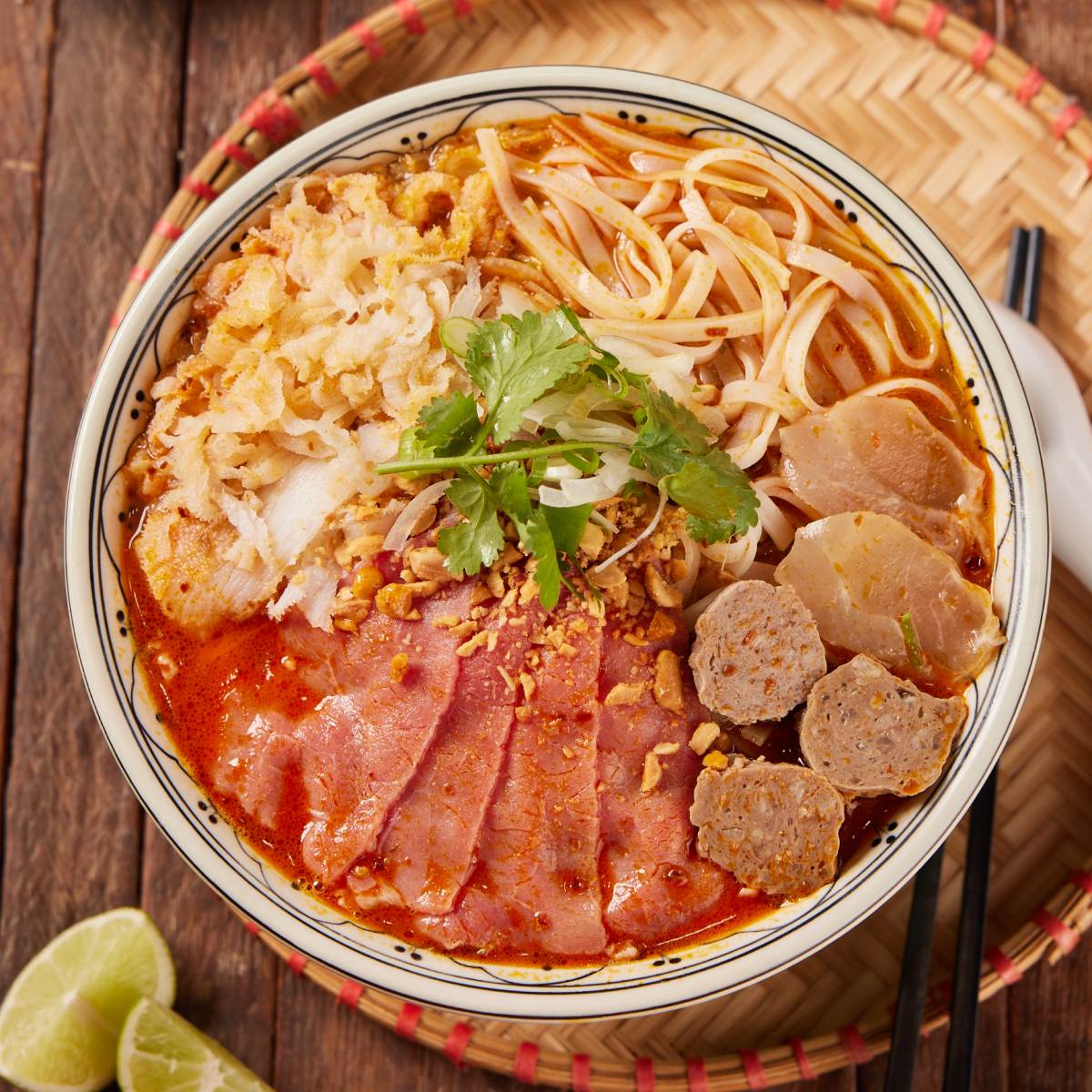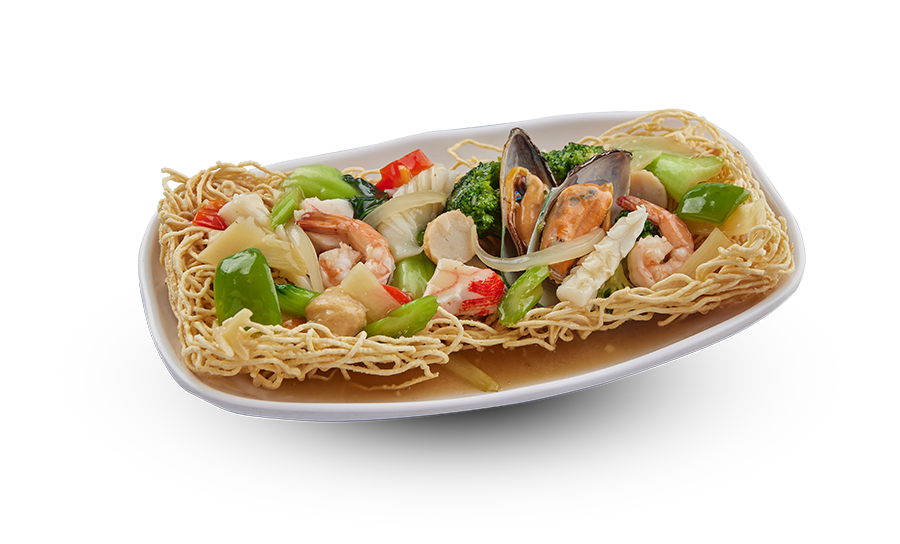Understanding the relationship between weight loss and food
When it comes to weight loss, it's important to understand the relationship between the food we eat and our body. Calories play a significant role in weight management. To lose weight, you need to consume fewer calories than your body burns. However, this doesn't mean you have to completely give up your favorite foods. It's all about finding a balance.
The importance of mindset in weight loss
Before embarking on any weight loss journey, it's crucial to have the right mindset. Instead of viewing it as a restrictive diet, think of it as a lifestyle change. Focus on the long-term benefits of weight loss and how it can improve your overall health and well-being. By shifting your mindset, you'll be more motivated to make healthier choices while still enjoying the foods you love.
Strategies for mindful eating
Mindful eating is a powerful tool when it comes to weight loss. By paying attention to your body's hunger and fullness cues, you can avoid overeating and make more conscious food choices. One effective strategy is to slow down and savor each bite. Take the time to appreciate the flavors, textures, and aromas of your food. This will not only enhance your eating experience but also help you recognize when you're satisfied, preventing unnecessary calorie consumption.
Incorporating healthy alternatives into your diet
Instead of completely depriving yourself of your favorite foods, consider incorporating healthier alternatives into your diet. For example, if you love pasta, try swapping regular pasta with zucchini noodles or chickpea pasta. These alternatives are lower in calories and higher in fiber, making them a more nutritious choice. By making small substitutions like this, you can still enjoy the flavors you love while reducing your calorie intake.
Building a balanced meal plan
Creating a balanced meal plan is essential for weight loss. Aim to include a variety of food groups in each meal, including lean proteins, whole grains, fruits, vegetables, and healthy fats. This will ensure that you're getting all the necessary nutrients while keeping your calorie intake in check. Plan your meals in advance to prevent impulsive food choices and make grocery shopping easier.
Portion control and portion sizes
Portion control is key when it comes to weight loss. Even healthy foods can lead to weight gain if consumed in large quantities. Use measuring cups, spoons, or a food scale to accurately portion your meals. Additionally, try using smaller plates and bowls to create the illusion of a fuller plate. By practicing portion control, you can still enjoy your favorite foods while maintaining a calorie deficit for weight loss.
The role of exercise in weight loss
While food plays a significant role in weight loss, exercise is equally important. Incorporating regular physical activity into your routine can help burn calories and boost your metabolism. Find activities that you enjoy, whether it's walking, dancing, cycling, or swimming. Aim for at least 150 minutes of moderate-intensity exercise or 75 minutes of vigorous exercise per week. Remember, every little bit counts, so even small bursts of activity throughout the day can add up.
Overcoming emotional eating
Emotional eating can often sabotage weight loss efforts. Many people turn to food for comfort or as a way to cope with stress, sadness, or boredom. To overcome emotional eating, it's important to identify your triggers and find alternative ways to deal with your emotions. Engage in activities that bring you joy or help you relax, such as reading, meditating, or spending time with loved ones. If emotional eating continues to be a struggle, consider seeking professional help from a therapist or counselor.
Seeking support and accountability
Losing weight can be challenging, especially if you're doing it alone. Seek support from friends, family, or a weight loss community. Having someone to share your journey with can provide motivation, encouragement, and accountability. Consider joining a weight loss program or finding a workout buddy who can help keep you on track. Remember, you don't have to do it alone.
Conclusion: Embracing a healthy relationship with food and achieving weight loss goals
In conclusion, losing weight doesn't mean you have to give up your love for food. With the right mindset, knowledge, and practical tips, you can achieve a healthier lifestyle while still enjoying the flavors you adore. By understanding the relationship between weight loss and food, practicing mindful eating, incorporating healthy alternatives, and building a balanced meal plan, you can successfully shed those extra pounds. Remember to focus on portion control, stay active, overcome emotional eating, and seek support when needed. With these strategies in place, you can embrace a healthy relationship with food and achieve your weight loss goals. So go ahead, enjoy your meals, and start your journey towards a healthier you.
If you happen to be in Toronto or Hamilton and have a fondness for both delicious and nutritious cuisine, we invite you to pay a visit to TorontoPHO restaurants. Our establishments provide an array of delectable Vietnamese PHO dishes that allow you to indulge in healthy eating throughout the entire year. Search for “PHO near me” and find one of the closest TorontoPHO restaurants to you.


